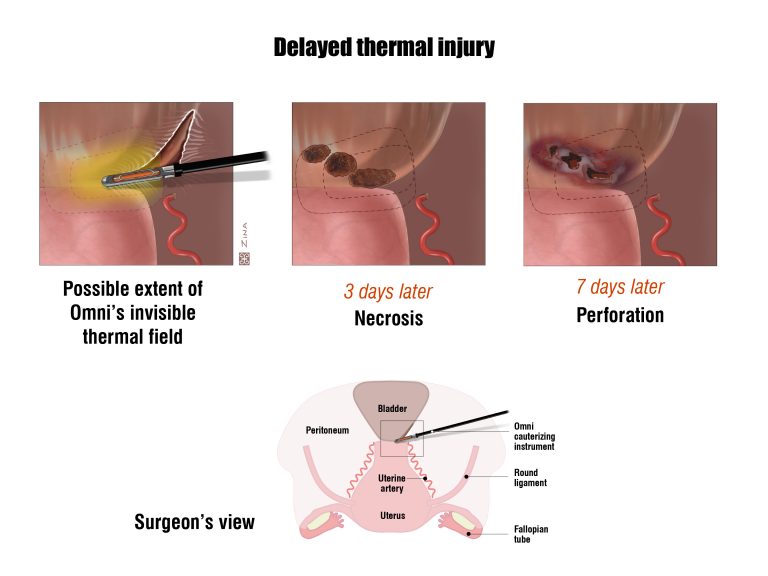

All articles loaded
No more articles to load
All items on this site © Level Five Graphics, Inc. unless otherwise stated.
Blocking an enzyme linked with inflammation makes it possible for stem cells to repair damaged heart tissue, new research from UC Davis Health scientists shows.
The enzyme — soluble epoxide hydrolase, or sEH — is a known factor in lung and joint disease. Now, it is a focus of heart-disease researchers as well.
The authors expect their work will lead to a new and powerful class of compounds that overcome the cell death and muscle thickening associated with heart failure — a common outcome of a heart attack or long-term cardiovascular disease.
The study, conducted in mice, is published in Stem Cells Translational Medicine. The work was led by cardiologist Nipavan Chiamvimonvat.
“The science of using stem cell treatments for heart disease has been full of promise but little progress,” Chiamvimonvat said. “The inflammation that accompanies heart disease is simply not conducive to stem cell survival.”
Prior studies show that stem cells transplanted to the heart experience significant attrition in a very short period of time.
“We think we’ve found a way to quiet that inflammatory environment, giving stem cells a chance to survive and do the healing work we know they can do,” said lead author and cardiovascular medicine researcher Padmini Sirish.
(Excerpt from press release by Karen Finney)
You make our work look worthwhile!
–Karen Finney,
Public Information Officer
UC Davis Health